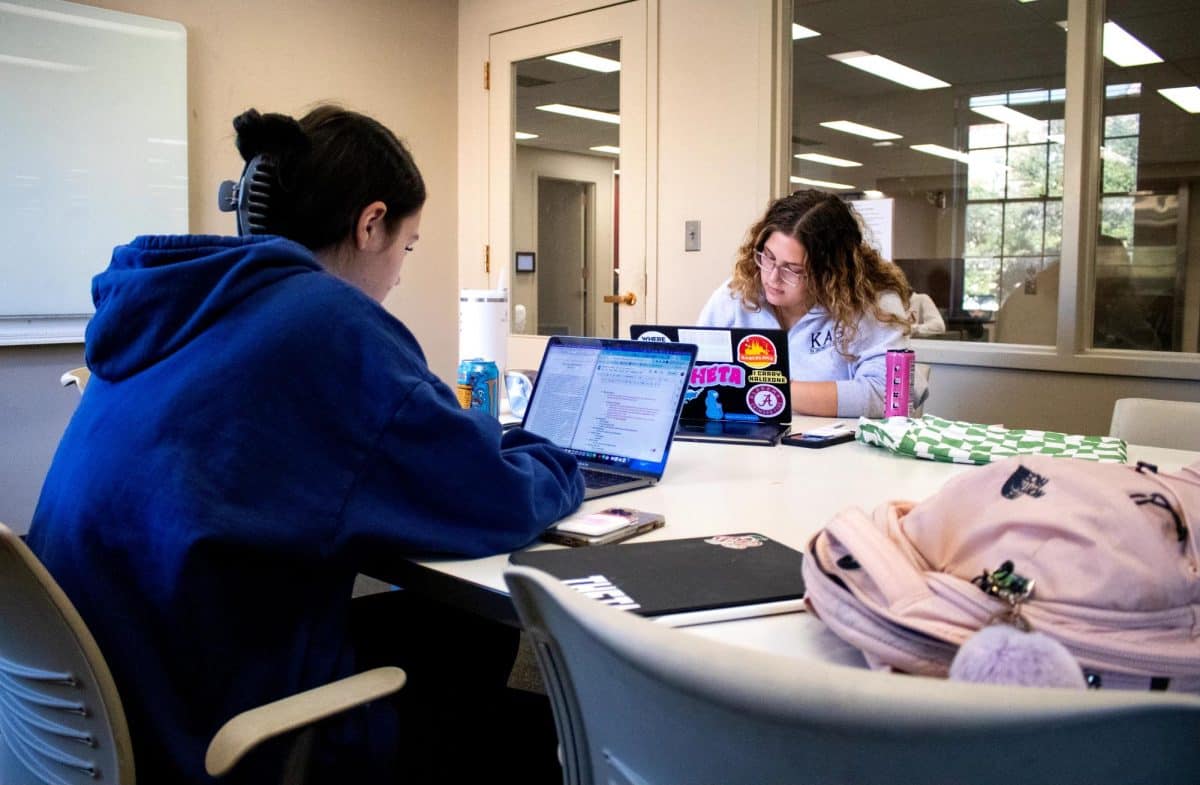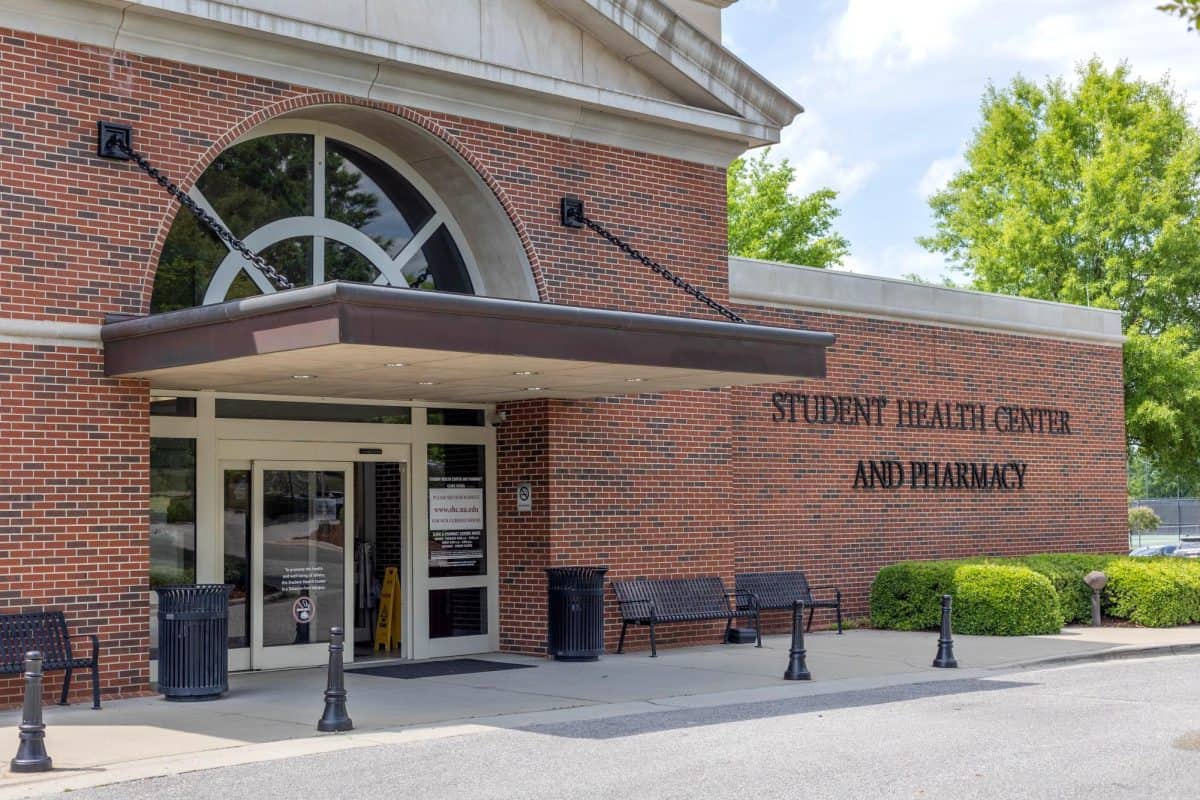I would like to voice my enthusiastic support for Mary Sellers Shaw’s column entitled “Suite-style dorms attractive but illogical, lonely.” I wish that we, as students, considered the benefits of having roommates in college more thoroughly than we do. Often, I hear incoming freshmen talk excitedly about their suite-style dorms, and I can’t help but wonder if they will find the experience of their first year away from home as liberating as they seem to think it will be.
I say this because I lived in Ridgecrest South my first semester at Bama. I was one of those freshmen whose eyes glazed over at the thought of having my own space, essentially my own apartment, with three other girls with whom I was sure to become fast friends. I spent my senior summer daydreaming about the late-night conversations I would have with my roommates and the fun we would have.
What I found, however, was a living arrangement that unfolded remarkably like Ms. Shaw’s. I did not spend my time in the common areas or cooking dinner with my roommates. Instead, all of us, for the most part, spent our time isolated in our rooms. Even when I did connect with a roommate (one out of three ain’t bad, I reckon) we spent almost no time socializing in the actual suite – more often than not, we would walk to Palmer Hall together to hang out.
Palmer Hall, which is a traditional-style dorm, houses Mallet Assembly. When I discovered Mallet, I found essentially everything I hoped my college experience would encompass. I found a diverse collection of individuals who challenged each other, who stayed up to have intellectual discussions, and weren’t afraid to engage in difficult conversations about the real issues that face this campus and this country and this world. What makes this particular organization function as brilliantly as it does is the fact that we do talk, and when we have a good time, we do it together. I attribute a great deal of this success as a community to Palmer Hall having traditional-style dorms.
While I do recognize that not every student will have the same experience with suite-style dorms that I had, I feel compelled to argue that the University should provide suite-style housing without eliminating traditional-style dorms. Diversity is of the utmost importance to this campus, and that means we have to vigilantly advocate for it. If we continue down the University’s current trajectory of building only one type of housing, we will exclude students who cannot afford the expense of suite-style dorms, and in so doing, we will lose hundreds of individuals who could have contributed tremendously to our campus.
The value of having to live with someone you don’t know and would not have chosen to live with otherwise is that you are given an opportunity to correct some of your prejudices. If you live with someone who is from a different background than you, who is of another race or religion or socioeconomic background, then you learn to recognize the humanity in a group you previously knew nothing about. My roommate at Mallet was brought up with different religious values than I was, but we found that, as individuals, we agreed on much more where religion was concerned than I would have guessed. We also became close friends, and if I get married, this chick is so in my wedding party.
To me, the experience of college is incomplete unless you face the unknown and come to terms with it. The single most important thing I have learned in Tuscaloosa is how to grapple with difference and conflict. While I understand that sharing a room is not the only means of enabling interaction, I posit that living with someone facilitates an understanding that almost never occurs in casual, infrequent encounters. The diversity issues that plague this campus will persist unless the administration makes decisions that support integration and foster diversity. This is one of those decisions, and we, as students, would do well to voice our opinions on the matter. Otherwise, we risk losing every single traditional dorm on campus, and with those dorms, we lose innumerable opportunities to engage in meaningful dialogue and to break down the barriers that isolate us.
Marina Roberts is a junior majoring in accounting.








